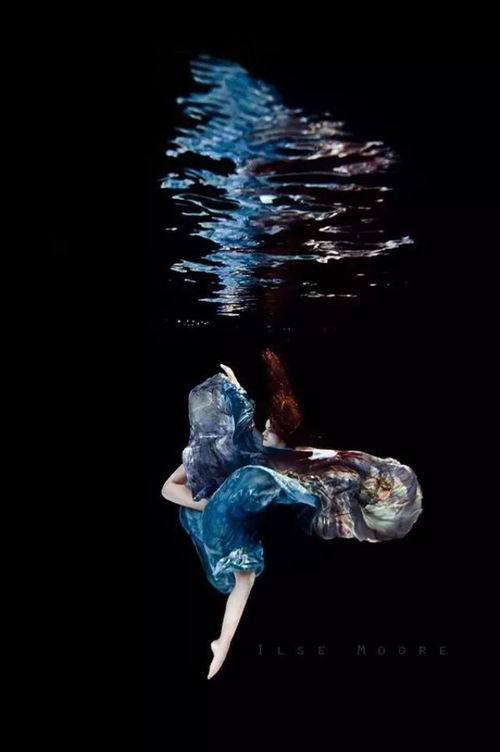Introduction
Summer is a prime time for fishing enthusiasts to hit the water and enjoy the serenity of the great outdoors. The warmer temperatures and longer daylight hours make it an ideal season for both beginners and seasoned anglers. However, to make the most of your summer fishing trips, it's essential to have a solid grasp of the techniques and tips that can help you catch more fish. In this comprehensive guide, we'll delve into the art of summer fishing, offering a summary of essential techniques and tips to help you become a more successful angler.
Choosing the Right Gear
The first step in mastering summer fishing is to ensure you have the right gear. Here's a summary of what you'll need:
- Rod and Reel: Choose a rod and reel that match the type of fish you're targeting. Lighter rods are generally better for summer fishing due to the increased activity of fish during warmer months.
- Line: Use a monofilament line with a high-visibility color to help spot strikes, but ensure it's strong enough to handle the fish you're after.
- Hooks: Use appropriately sized hooks for the fish you're targeting. Larger hooks can sometimes be more effective in summer, as fish may be more aggressive.
- Lures and Baits: Vary your lure selection based on the fish species and the conditions. Soft plastics, spinnerbaits, and topwater lures are often effective in summer.
Understanding Fish Behavior
Fish behavior can vary significantly during the summer months. Here's what you need to know:
- Water Temperature: Fish are more active in warmer water, but they still need to conserve energy. Look for areas with cooler water, such as deep holes or currents, to find more active fish.
- Sunlight: Fish tend to be more active during the early morning and late evening hours, when sunlight is less intense. Avoid fishing during the midday heat, as fish may be less active.
- Food Sources: During summer, fish may be more focused on feeding. Identify the types of food available in your fishing area and use it to your advantage.
Effective Techniques
Here are some summer fishing techniques that can help you catch more fish:
- Topwater Fishing: Use topwater lures to trigger strikes from fish that are near the surface. This technique is particularly effective during the early morning and evening.
- Deep-Dropping: Fish may be suspended in deeper water during the heat of the day. Use deep-dropping techniques to reach them, such as casting lures or jigs to the bottom and slowly retrieving them.
- Surface Trolling: Trolling at the surface can be effective for species like bass and walleye. Keep your lure just above the water to attract fish that are feeding on surface insects or baitfish.
- Still Fishing: In still waters, fishing with a bobber or a simple rig can be very effective. Adjust your bait presentation to mimic natural food sources.
Seasonal Tips
Here are some seasonal tips to keep in mind when fishing during the summer:

- Early Morning and Evening: These are the best times to fish, as fish are more active and less likely to be stressed by the heat.
- Weather Conditions: Keep an eye on the weather forecast. Overcast days can be particularly productive, as they provide shade and cooler water temperatures.
- Water Levels: Monitor water levels, as low water can lead to fish concentrating in certain areas, making them easier to catch.
Safety and Conservation
Always prioritize safety and conservation when fishing:
- Water Safety: Always wear a life jacket when fishing from a boat or in deep water.
- Catch and Release: Consider catch-and-release practices for non-game fish or those that are of little value to you.
- Respect the Environment: Leave no trace of your presence and help preserve the natural beauty of the area.
Conclusion
Summer fishing offers a unique blend of challenges and rewards. By understanding the essential techniques and tips outlined in this guide, you'll be well-equipped to tackle the summer heat and enjoy a successful fishing experience. Remember to adapt your approach based on the fish species, weather conditions, and water temperatures. With patience, practice, and a bit of luck, you'll be well on your way to becoming a master of summer fishing. Happy fishing!












